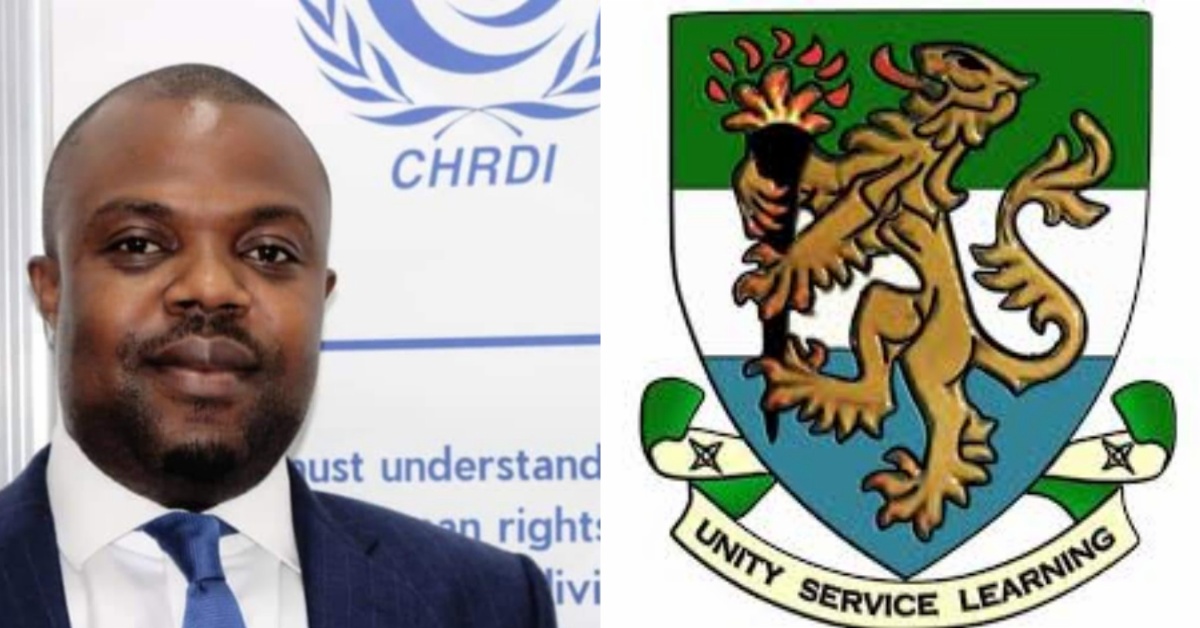The Campaign for Human Rights and Development International (CHRDI) has raised concerns over significant delays in the judicial process regarding a high-profile case involving the University of Sierra Leone.
The case, which seeks to prevent the Ministry of Technical and Higher Education from establishing a new court for the University and to block Professor Aiah Lebbie from assuming the role of Vice-Chancellor, has seen extended periods of inaction, causing considerable frustration and uncertainty.
On April 24, 2024, CHRDI’s legal team presented an injunction application before a high court judge. This preliminary hearing aimed to halt the Ministry’s plans and prevent Professor Lebbie’s appointment. Despite a subsequent appearance on May 2, 2024, the case was adjourned to May 9, 2024, for a ruling. However, CHRDI has yet to receive any notification regarding the pending ruling, leading to an agonizing 29 days of waiting.
CHRDI emphasized the broader implications of such delays, highlighting how they undermine public confidence in the judicial system and the government’s integrity. “The delays in the judicial process are concerning, and we are calling for fast trials,” a CHRDI spokesperson stated. They underscored the necessity of a robust judicial system to maintain the balance of power and ensure the fair administration of justice.
The judicial system in Sierra Leone faces numerous challenges, including inadequate working conditions, a shortage of judges due to insufficient compensation, outdated technology, limited resources, obsolete laws, heavy caseloads, and corruption. CHRDI advocates for addressing these issues to strengthen the judicial system, which is critical for upholding justice and promoting public trust.
As the legal battle continues, CHRDI remains steadfast in its mission to advocate for human rights and the rule of law, urging prompt and decisive action from the judiciary to resolve the matter efficiently.
For further updates, CHRDI calls on the judicial authorities to expedite their processes and deliver timely rulings that reflect the principles of justice and fairnes


 Post a comment
Post a comment









Comment(s)
Disclaimer: Comments expressed here do not reflect the opinions of Sierraloaded or any employee thereof.
Be the first to comment